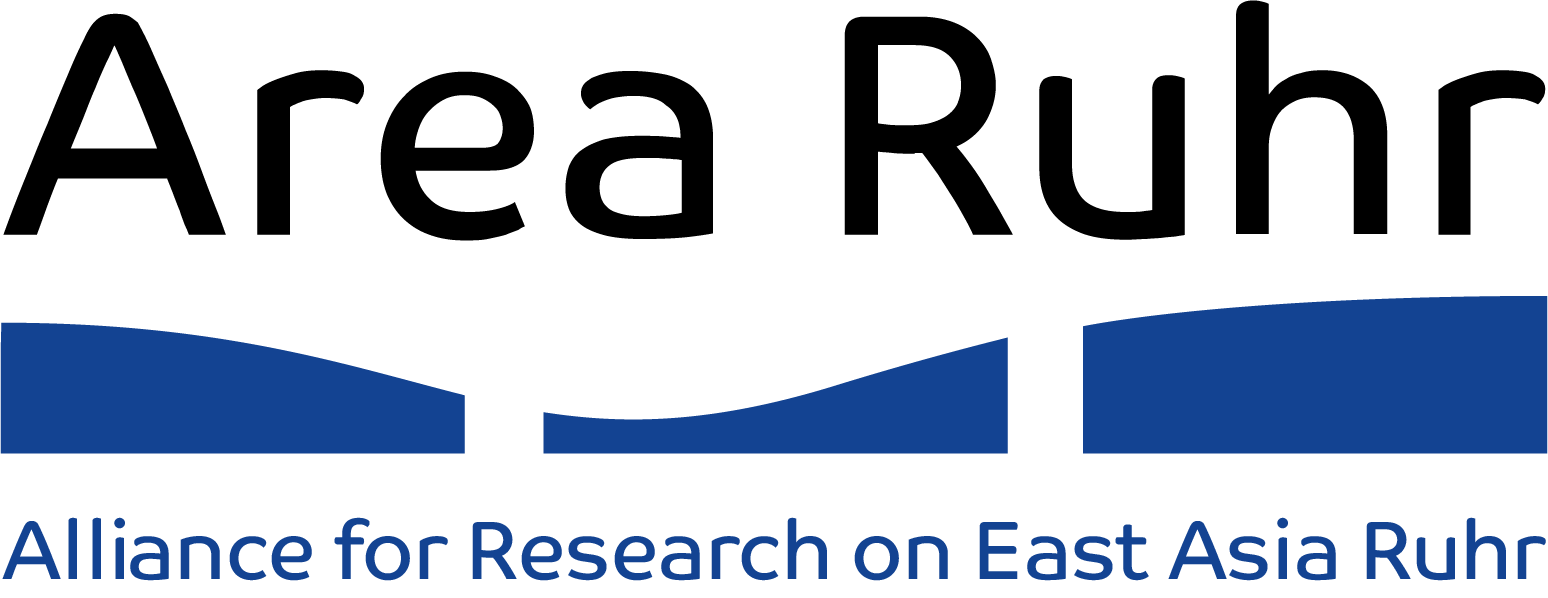On September 25th 2020, the second AREA Ruhr Preliminary Results Workshop took place in a virtual space offered by a conferencing software. After their fieldwork, the workshop was a platform for the doctoral researchers of the second cohort of the AREA Ruhr Doctoral Programme to present their work to scholars in the field and to receive their feedback and suggestions. With the theme of ‘Transnational Institution Building and Transnational Identities in Asia,’ the workshop covered a wide range of trans-disciplinary research topics, such as political and energy governance, historical and religious developments in East Asia, and transnational sexual and gender identities. Professors from AREA Ruhr and interested doctoral students joined the workshop and participated in the rich debates that followed each presentation. The doctoral researchers also received helpful and constructive input from external guests, including Professor Motokazu Matsutani (Tohoku Gakuin University), Dr. Michiel Bass (University of Amsterdam), Professor Maximilian Mayer (Bonn University) and Dr. Maria Adele Carrai (Leuven University). Dr. Constanze Demuth attended the workshop in representation of the Mercator Research Center Ruhr (MERCUR).
The workshop offered four presentations that addressed the following topics: the growth of Christian Youth Associations in Japan and Korea during the 19th and 20th century, sexualities and masculinities in transnational migration from Vietnam to Japan, the People’s Republic of China’s renewable energy governance, and the transformation of Qing-Chosŏn interpolity relations based hitherto on ‘serving the great’ during 1882-1895.
When the fieldwork of the second cohort started in September 2019 with the “Research Design and Practice in Transnational Asian Studies,” hosted by the University of Tokyo, no one could foresee how the global events would develop. After a turbulent fieldwork due to the unexpected circumstances of the COVID-19 pandemic, all the doctoral candidates are now back in Germany. Their research, however, has been affected by this global crisis to a greater or lesser extent. Lockdowns had extended the stay abroad of some, a number of interviews had to be conducted virtually for others, and academic-related trips have been cancelled or postponed. Regardless of these constraints, a substantial amount of original data could be collected during this time in the field.

Despite the fact that attendees of this workshop were spread over three different continents, which posed some time-zone challenges, the second AREA Ruhr Preliminary Results Workshop took place without any setback. With the wealth of comments and feedback received during the workshop, the members of the second cohort of the doctoral programme are now starting the final part of their doctoral programme by processing the data that has been acquired, and beginning with the process of writing up their dissertations.
